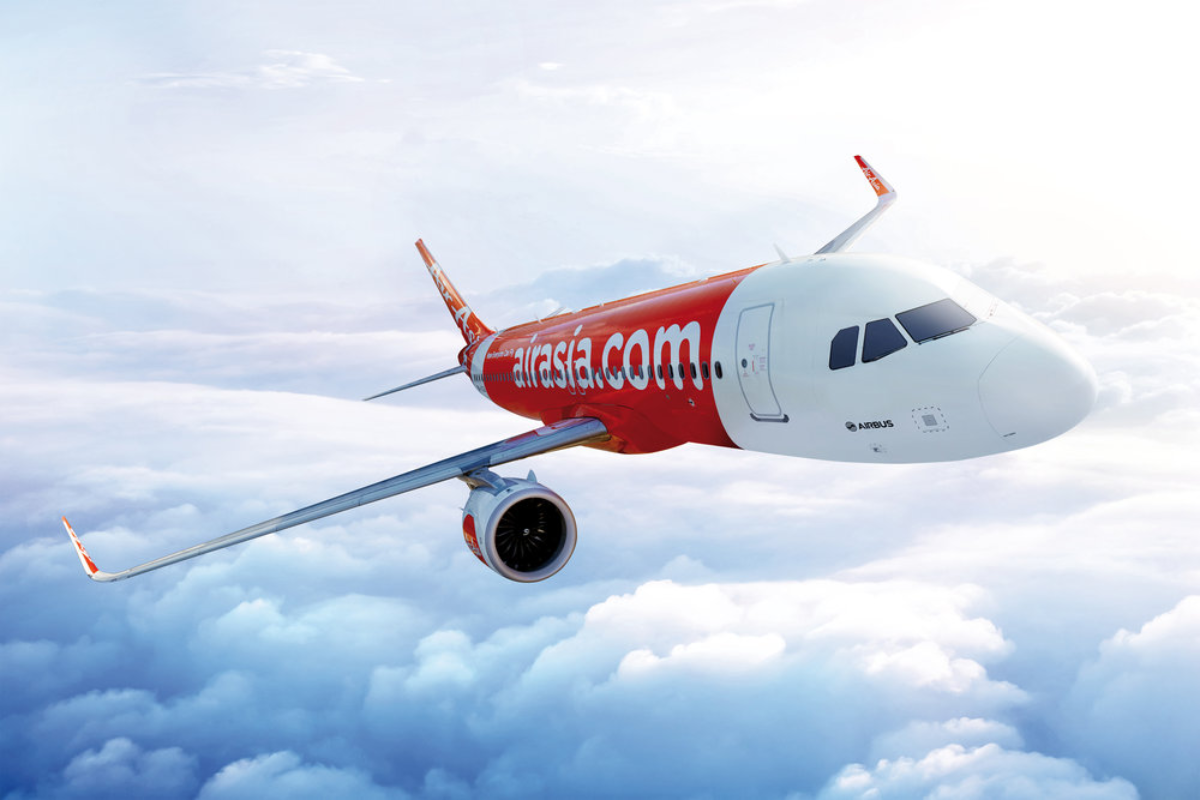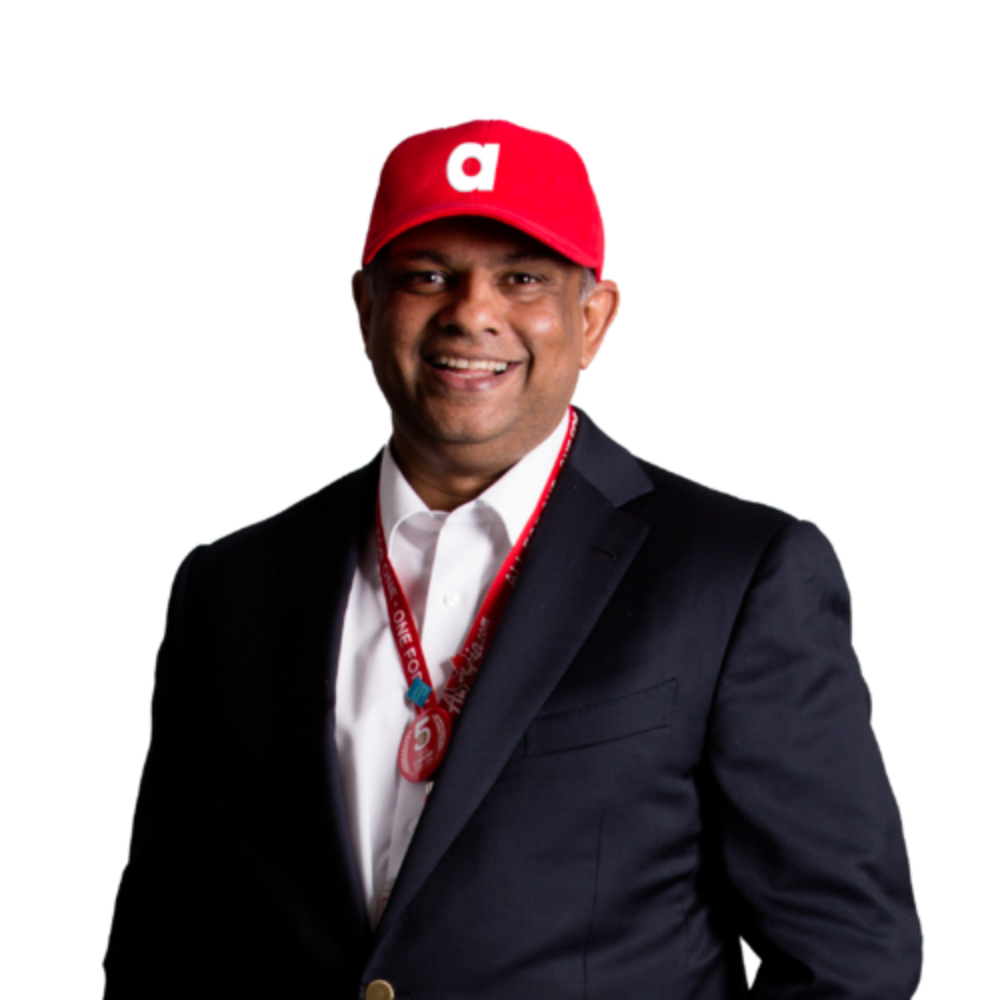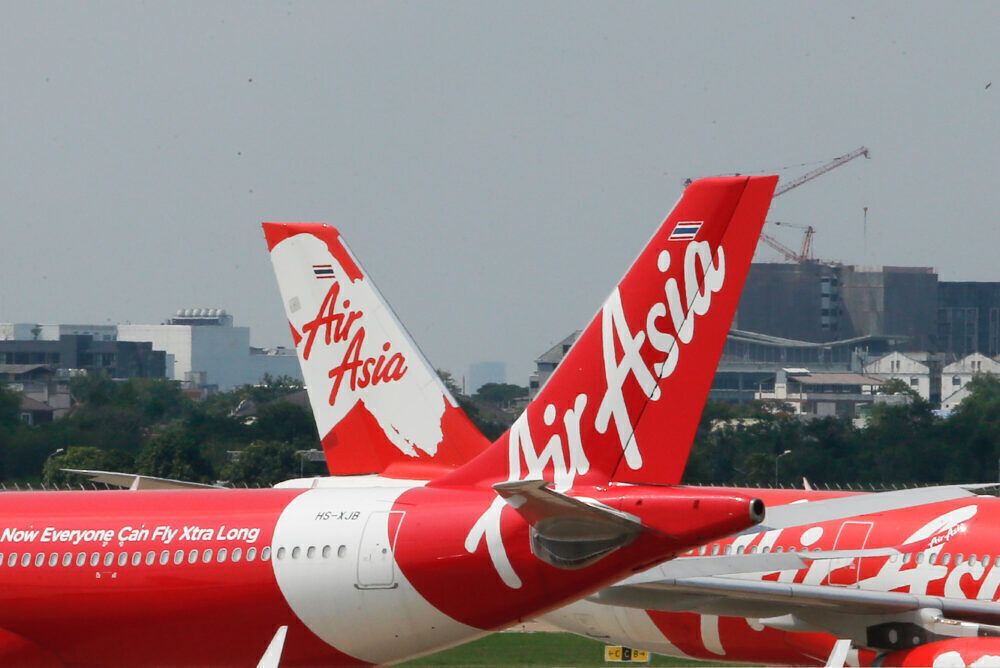After 15 months of COVID-19 inspired pain, AirAsia's Tony Fernandes remains upbeat regarding his airline's future. He says his stable of AirAsia branded airlines, now tightly focused on flying within southeast Asia, are well-positioned to bounce back when travel starts to normalize.
Finding a silver lining in a tough flying environment
Speaking at a CAPA Live online event on Wednesday, the AirAsia CEO is busy finding a silver lining in a tough flying environment. AirAsia is only flying 10% of its fleet across its core Malaysian market. Further, Tony Fernandes doesn't expect to see any significant rebound in international operations until later this year. But he is happy AirAsia (and most other airlines) are still alive.
"The good news is most airlines are still alive. All the low-cost carriers in Southeast Asia are still alive. That's impressive."
The airline boss also perks up hearing so many people tell him they can't wait to get back in the air. Tony Fernandes says every single person he sees says that.
"I've never had that before. Everyone says I can't wait to travel, I want to go on a holiday, and I can't wait to get on a plane. That's good news."
Stay informed: Sign up for our daily and weekly aviation news digests.
AirAsia boss says low-cost carriers will recover fast than full-service airlines
If popular sentiment rather than the financial bottom line is cheering up the AirAsia CEO right now in the middle of a Kuala Lumpur lockdown, Tony Fernandes also thinks AirAsia is well-positioned to survive and prosper once people can go on holidays again.
"We'll come back," he told CAPA's Peter Harbinson. "I think long-haul carriers will not recover as quickly as low-cost carriers."
Fernandes doesn't necessarily think low-cost carriers are better airlines than many full-service airlines - although he might argue his airline is better than many. But if you could choose between a first class seat on an Air France Paris-bound flight or a squeezy 30" seat on AirAsia, which would you prefer? Despite that, the AirAsia CEO thinks operators of full-service long-haul intercontinental flights (like Air France) will have it tough for a while yet.
"The market is going to change," he says. "I think people will want to jump on a plane to Phuket, or even just fly domestically rather than schlep all the way to say, Australia."
Long-haul flying into Asia will face challenges for some time says AirAsia CEO
After 19 years of operating his low-cost airline around southeast Asia, Tony Fernandes is inclined to play it safe. He plans to stick to the local markets he knows best.
With an insider's perspective, Mr Fernandes thinks flying long-haul into Asia will have particular challenges for some time to come.
"... the Europeans and Americans coming to Asia, it's going to be painful for them, less painful for Asians going to Europe and America.
"Like after 9/11, it is going to be hard to get visas, and I think intercontinental travel is going to take a hit for a while."
The AirAsia boss likens the recovery of long-haul flying to what happened after 9/11. Travel became more difficult for people holding certain passports. But unlike after 9/11, Tony Fernandes believes it is citizens from first-world hotspot nations who may find crossing borders into Asia harder than before.
But by sticking to his neighborhood in southeast Asia, by flying locals on short-haul flights to places like Phuket cheaply, Tony Fernandes hopes to largely avoid that market and the problems it will entail. He reckons he has the recipe right to recover. Another year or so will reveal whether the AirAsia boss is right about his strategy.



